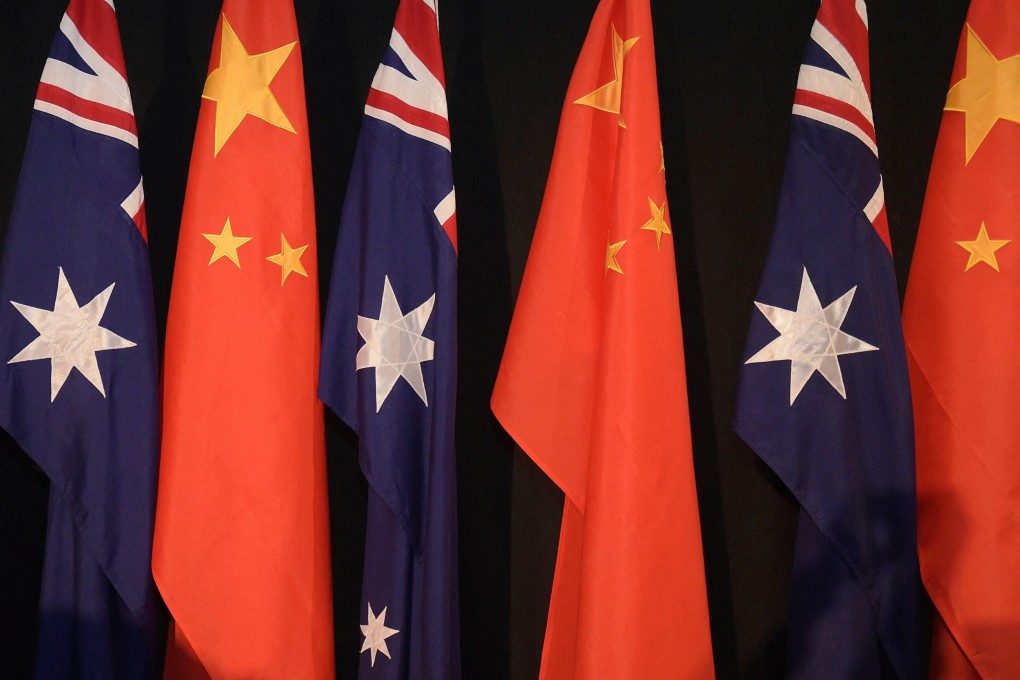Advertisement
Australians’ trust in China has fallen to record lows, according to new survey
- The Lowy Institute’s annual poll has found that nearly two out of three Australians see Beijing as more security threat than economic partner
- An analyst expressed concern that one in five Australians said the Chinese people they met negatively influenced their overall view of China
Reading Time:4 minutes
Why you can trust SCMP
99+

Australians’ trust in China has plummeted to record lows, new polling shows, with nearly two out of three people now viewing Beijing as more of a security threat than an economic partner.
In the latest sign of deteriorating Sino-Australian ties, 63 per cent of Australians now see China as a threat, up from 41 per cent last year and 12 per cent in 2018, according to the latest annual opinion survey carried out by the Sydney-based Lowy Institute.
The study, released on Tuesday night, found that just 34 per cent of Australians viewed China as more of an economic partner, compared with 55 per cent last year and 82 per cent in 2018.
Advertisement
The sharp change in public opinion comes as Australia and China are mired in a bitter diplomatic dispute that has seen Beijing slap restrictions on billions of dollars of Australian exports, in apparent retaliation for Canberra’s call for an international inquiry into the origins of Covid-19.
Natasha Kassam, director of the Lowy Institute’s public opinion and foreign policy programme, said China’s deteriorating image reflected a reaction against its “concerning behaviour”, including the detention of Australian citizens and sweeping crackdown on dissent in Hong Kong.
Advertisement
Advertisement
Select Voice
Choose your listening speed
Get through articles 2x faster
1.25x
250 WPM
Slow
Average
Fast
1.25x